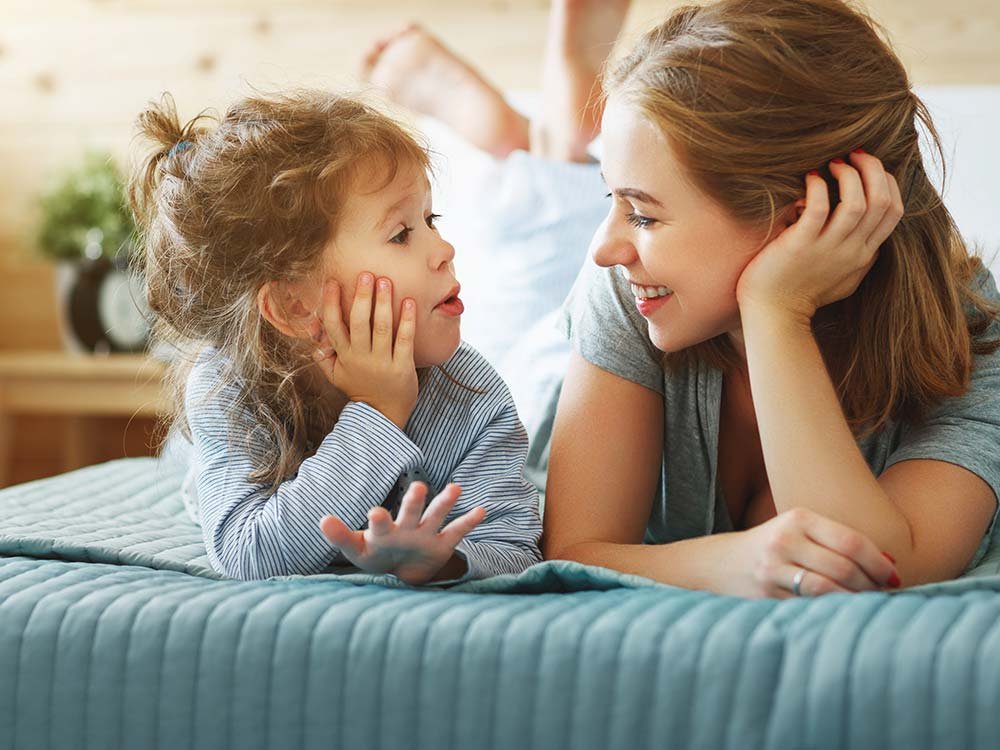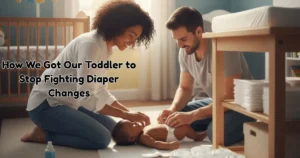It’s more important than ever to help kids build strong social skills in a time when technology often takes over communication. To build relationships, solve problems, and say what you think and feel, you need to be able to communicate clearly. To help kids get better at talking to each other, here are some ideas.
1. Show how to communicate well
When kids watch adults, they learn. Show others how to listen actively, speak respectfully, and show empathy by doing these things yourself. When children see adults communicating in a healthy way, they are more likely to do the same.
2. Make it possible for people to interact
Encourage kids to be in situations where they can talk to other kids. Children can improve their talking skills by going on play dates, doing group activities, and playing sports as a team. Structured settings, like clubs and classrooms, are also good places to improve your communication skills.
3. Teach how to listen actively
Active listening is one of the most important skills for communicating. Teach kids to listen carefully without talking back, to make eye contact, and to respond in the right way. Playing pretend can help you get better at these skills. For instance, let the kids talk and listen alternately, and then talk about what they heard.
4. Ask lots of open-ended questions
Kids should learn how to ask questions that need more than a yes or no answer. This can help conversations go on longer and lead to deeper connections. A more in-depth answer can come from asking, “What did you enjoy most about your day?” or “How did that make you feel?”
5. Learn to feel empathy
Empathy is a key part of good communication. As you talk about different situations with your kids and ask them how they think someone else might feel, you can help them understand and connect with other people’s feelings. Kids can learn to care about others by reading books and stories that show them the world from different points of view.
6. Games with characters
Playing a role can be a fun and useful way to improve your speaking abilities. Set up situations where kids can practice saying hello, solving problems, or saying what they think and feel. Kids can practice and improve their speaking and listening skills while playing pretend in a safe setting.
7. Encourage activities with a group
Kids have to talk to each other and work together when they do group activities like cooperative games and projects. These activities can help kids work together to improve their communication skills. Encourage things to do that need planning, talking, and working together.
8. Talk about how to communicate
Have talks with your kids about how to talk to each other well. Talk about how important it is to respect others, listen, and speak clearly. Describe how tone of voice, body language, and facial expressions affect how people talk to each other. Use examples from real life to show these points.
9. Check your screen time
Too much time spent in front of a screen can make it harder to talk to people in person. Kids should be encouraged to do things that make them talk to each other. Cutting down on screen time can help kids pay more attention to people and conversations in real life.
10. Give feedback that is helpful
When you see your child playing with other kids, give them helpful feedback. When they communicate well, praise their efforts, and when they make a mistake, gently correct them. For instance, if a child speaks up during a conversation, tell them how important it is to wait their turn.
11. Make the atmosphere safe
Make sure kids know they are safe and can say what they want. Kids are more likely to talk about their feelings and thoughts when they don’t have to worry about being judged or made fun of. This makes them feel more comfortable talking to other people.
12. Read stories and talk about them
Reading stories together can help kids talk to each other better. Talk about how the characters act, feel, and interact with each other. Ask kids what they think about the story and encourage them to say what they think.
13. Help people talk about their feelings
Help kids learn how to talk about how they feel. Tell them to say how they feel with “I” statements, like “I am sad because…” or “I am happy because…” This makes it easier for kids to talk about how they feel and avoids misunderstandings.
14. Use games to talk to each other
Communication games can be fun and teach you things at the same time. Games where people whisper messages to each other, like “Telephone,” can show how important it is to be clear when you talk to someone. Games like charades and Pictionary can also help kids learn how to communicate without words.
15. Help your mind grow
Remind people that their communication skills can get better with practice to help them have a growth mindset. Don’t just praise natural talent; also praise hard work and improvement. This way of thinking helps kids keep trying to improve their talking skills.
16. Teach How to Handle Conflicts
To solve problems, people must be able to talk to each other clearly. Teach your kids ways to settle disagreements, like how to actively listen, talk about their feelings without getting angry, and find solutions that work for everyone. Kids can practice these skills by acting out different kinds of conflicts.
17. Get people to talk in groups
Lead group discussions about a range of topics so that each child has a chance to say what they think and hear what others have to say. This can be done in a classroom, at a family gathering, or with a loose group of friends. Kids can get better at taking turns talking and listening in group discussions.
18. Learn to be patient
In order to communicate, teach kids how important it is to be patient. Tell them to wait their turn to talk and to listen without answering right away. Being patient helps make the place where people talk more respectful and thoughtful.
19. Make smart use of technology
Technology can help you communicate better, but you should limit the time you spend in front of a screen. For example, video calls with family and friends can help kids get better at talking and listening on a computer screen.
20. Honor differences
Show kids different cultures and ways of talking to each other. Knowing that different backgrounds affect how people talk to each other can help kids learn to communicate in a way that is more open and flexible. Talk about the different ways that people say hello, show how they feel, and figure out how to solve problems.
Conclusion
Improving kids’ communication skills requires a multifaceted approach that includes showing them how to talk to others in a good way, giving them chances to interact, teaching them how to listen actively, and encouraging them to feel empathy. Parents and teachers can help kids become better communicators by using these strategies in their daily activities and routines. This will help them build stronger relationships and learn how to solve problems more effectively.



